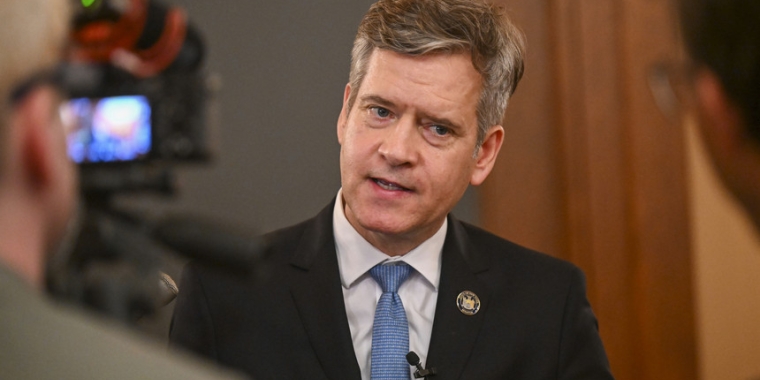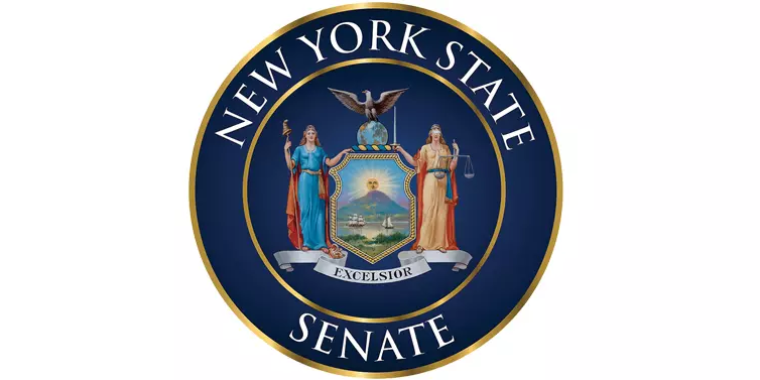
Politico: Lawmakers to introduce amended Grieving Families Act after Hochul veto

NEW YORK — State lawmakers are introducing an amended Grieving Families Act that would expand New York’s wrongful death statute but is more narrowly tailored in an effort to win the support of Gov. Kathy Hochul, who vetoed the original bill in January.
The revised bill would give New Yorkers three years after a close family member’s death to file a wrongful death lawsuit — up from the current two-year statute of limitations — and enable them to be compensated for emotional losses instead of just economic ones, according to draft language reviewed by POLITICO.
It would still expand the definition of surviving close family members who could file a claim, as in the original legislation, but this time within set parameters. Only spouses, domestic partners, foster children, stepchildren, step-grandchildren, parents, grandparents, step-parents, step-grandparents, siblings or anyone acting “in loco parentis” to the deceased person would be eligible.
The prior version proposed an expanded timeline of three-and-a-half years and created an open-ended definition of eligible close family members.
State Sen. Brad Hoylman-Sigal, who is sponsoring the bill, said the amended language offers a narrower and more clearly defined group of close relatives who can file a claim in an effort to address Hochul’s critiques and to make matters clearer for judges and juries.
“We think we struck a good compromise,” Hoylman-Sigal (D-Manhattan) said in an interview. “In good faith we could not just reintroduce the same bill after a veto and then pass it, although we probably had the votes for it.”
Context: The Senate and Assembly passed the Grieving Families Act last year for the first time since it was first introduced by Assemblymember Helene Weinstein (D-Brooklyn) in 1994.
But Hochul warned that it would carry unintended consequences for the health care system, after several trade groups representing hospitals and physicians commissioned a report on the bill that projected premium hikes of about 39.5 percent for medical malpractice insurance due to a $600 million annual increase in claim costs.
She instead pitched a counterproposal that would apply only to the deaths of people under 18 and exempt medical malpractice claims. Ultimately, lawmakers could not reach a compromise, and Hochul vetoed the bill.
“This bill passed without a serious evaluation of the impact of these massive changes on the economy, small businesses, individuals, and the state's complex health care system,” Hochul wrote in a veto memo.
Advocates say the reforms are a necessary step to deliver justice to the families of women, people of color, children, seniors and low-income earners. Under the current wrongful death statute, which has not undergone significant changes since it was enacted in 1847, family members can only receive compensation for financial losses.
The bill has been a rallying cry among the family members of those killed by a white supremacist in the May 2022 mass shooting at a Tops supermarket in a predominantly Black area of Buffalo.
“The families who are left behind, emotionally traumatized by horrific gun violence like the Tops shooting in Buffalo, deserve to have their pain matter,” Rebecca Fischer, executive director of New Yorkers Against Gun Violence, said in a statement.
“We look forward to working with the legislature to fix our broken wrongful death law and allow more victims the chance to seek justice.”


